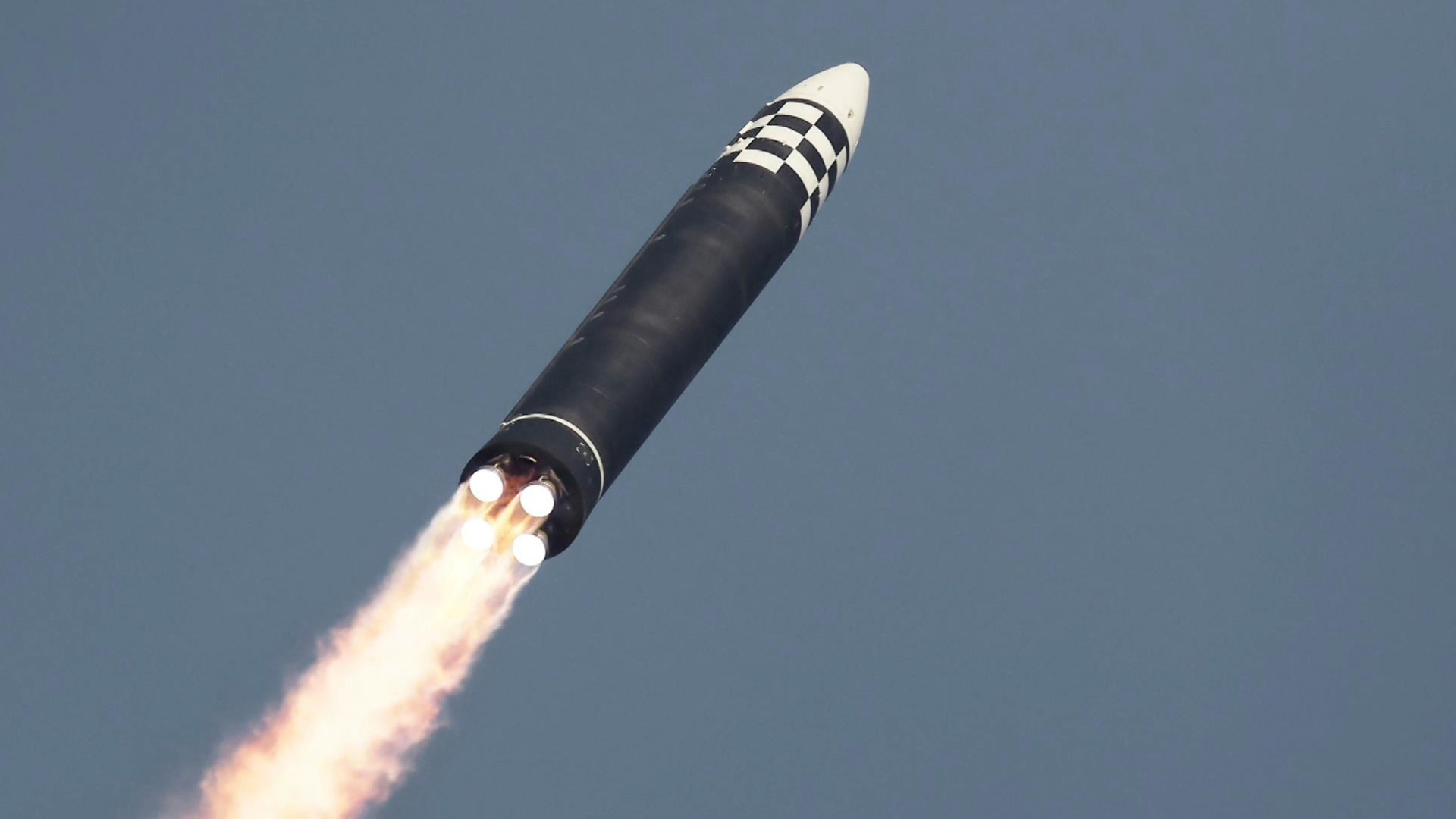On Saturday, North Korea defended its latest series of missile tests, stressing that it was a "legitimate response" to "direct US military threats", while Washington, Tokyo and Seoul considered them a "serious threat to peace and security."
Pyongyang has launched six missile launches in less than two weeks, the latest of which was two ballistic missile launches Thursday.
On Tuesday, North Korea launched an intermediate-range ballistic missile (IRPM) that flew over Japan, forcing some residents of the archipelago to take cover.
"The missile test launch by the Democratic People's Republic of Korea is a regular and planned self-defense measure," the North's civil aviation agency said in a statement carried by the official news agency.
She added that the goal of this experiment is "to defend the security of the country and regional peace against direct military threats from the United States that have been going on for more than half a century."
But the agency did not specify which missile launches it was talking about.
The official media issued this statement after the International Civil Aviation Organization, which is holding its annual meeting in Montreal on Friday, condemned the ballistic tests conducted by Pyongyang in recent months, stressing that they pose a danger to civil aviation.
The isolated country considers the decision, adopted by the International Civil Aviation Organization, "a political provocation by the United States and its associated forces with the aim of undermining the sovereignty of the Democratic People's Republic of Korea."
For its part, Seoul, Tokyo and Washington have intensified their joint military exercises in recent weeks and conducted new exercises Thursday with the participation of a US Navy destroyer belonging to the USS Ronald Reagan carrier strike group.
The missile launches come in a year that has seen a record number of weapons tests by North Korea, which leader Kim Jong Un has declared a nuclear power and that the situation is "irreversible", ending the possibility of denuclearization talks.
On Friday, the United States announced the imposition of economic sanctions on two people and three entities accused of participating in the illegal export of oil to North Korea.
The US State Department said in a statement that Washington, Tokyo and Seoul held a meeting on the same day and agreed to "continue to closely coordinate their responses in the short and long term, including with allies and UN partners."
The ministry stressed that the recent missile launches from Pyongyang "represent a serious threat to peace and security in the region."
American destroyer
In a related context, North Korea confirmed in a new statement Saturday that it is "closely following the very worrying development of the current situation," referring to the deployment of the US aircraft carrier USS Ronald Reagan during joint US-South Korean exercises this week.
And the joint exercises conducted by Seoul and Washington angered Pyongyang, which saw it as a rehearsal for an invasion.
The North's official news agency said Saturday that the maneuvers are "provocative and very dangerous."
State media added that the recent participation of the US aircraft carrier Ronald Reagan was a "kind of military deception" against Pyongyang's "legitimate response" to protect itself from US threats.
Analysts say Pyongyang has taken advantage of the stalemate at the United Nations to conduct more provocative weapons tests.
On the other hand, Seoul and Washington have been warning for months that Pyongyang will likely conduct a new nuclear test after the October 16 congress of the Chinese Communist Party.

